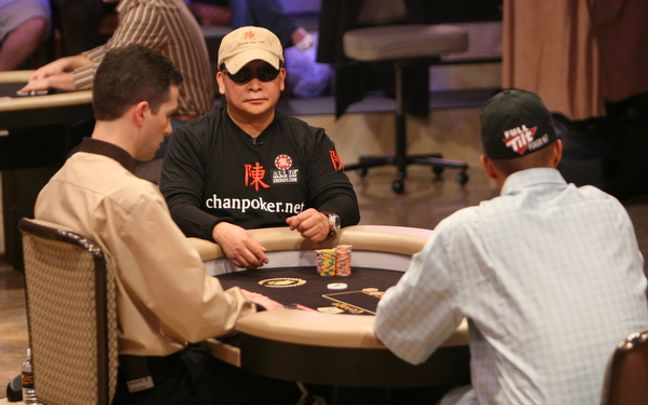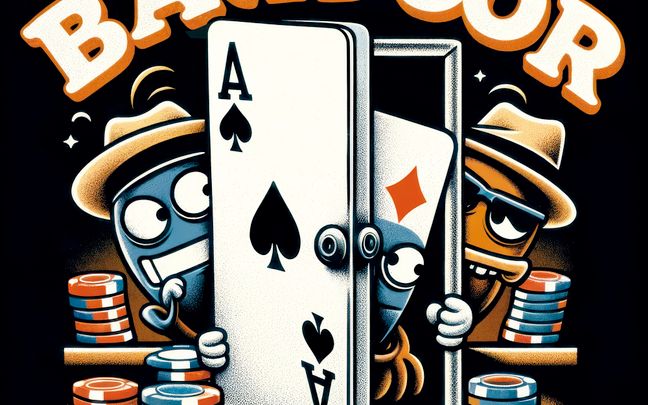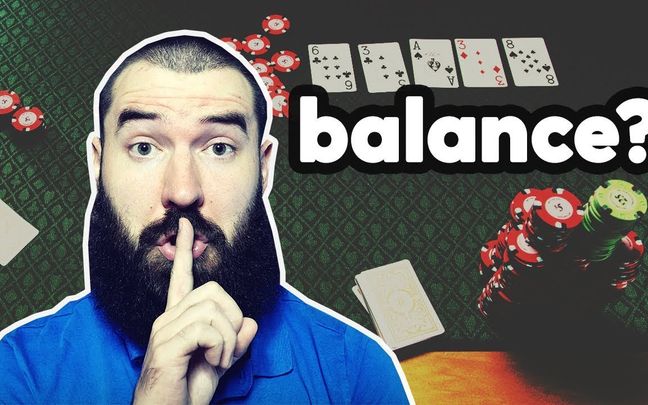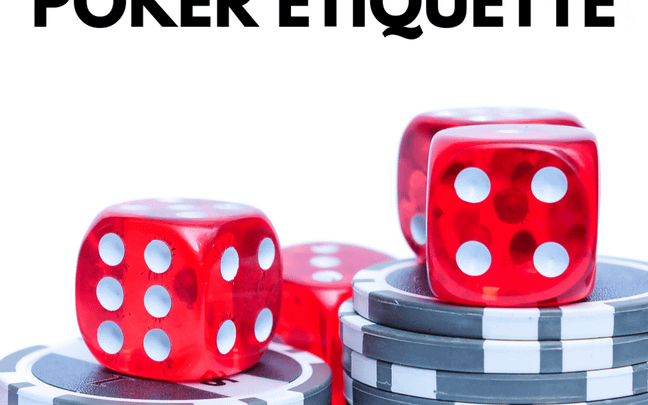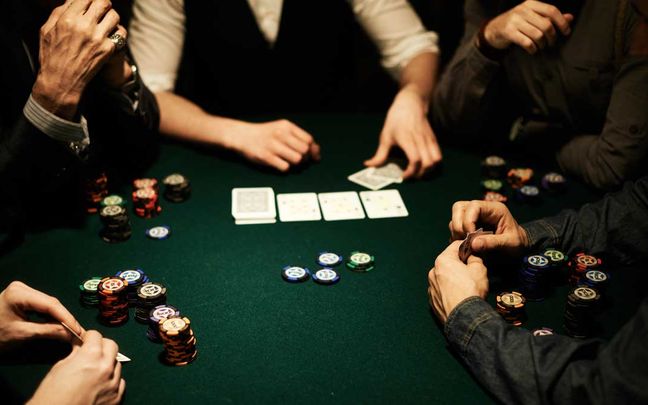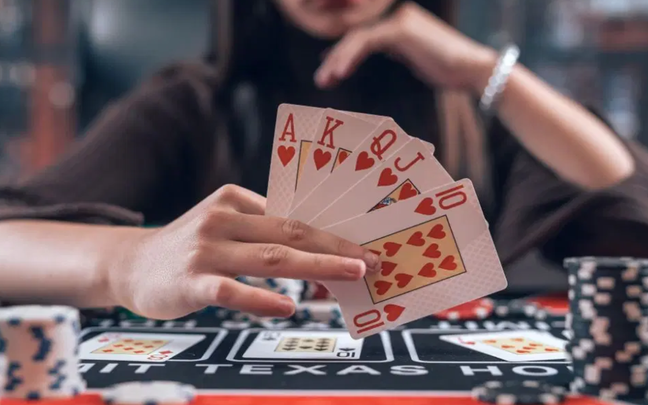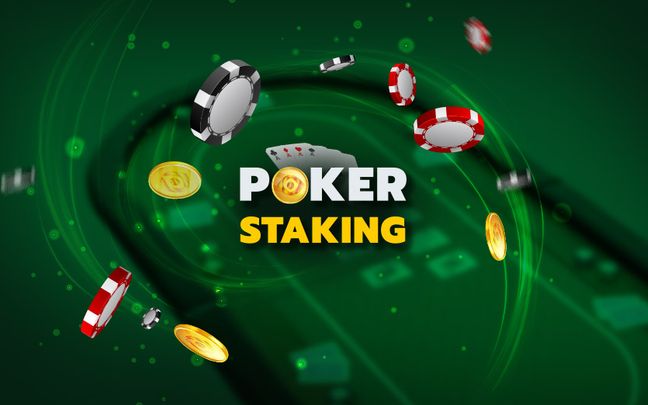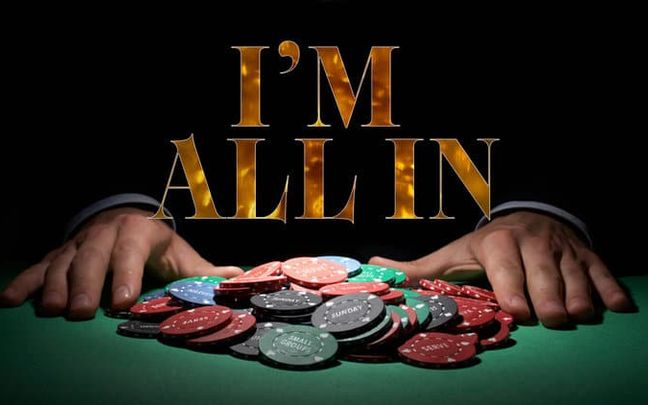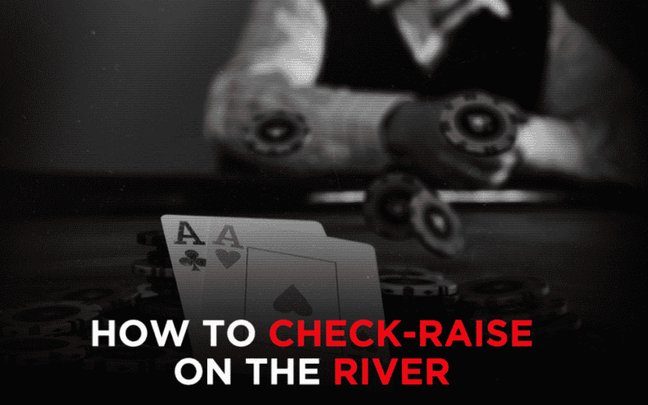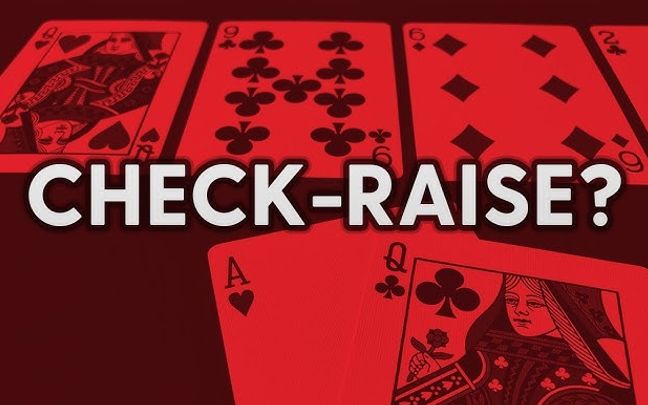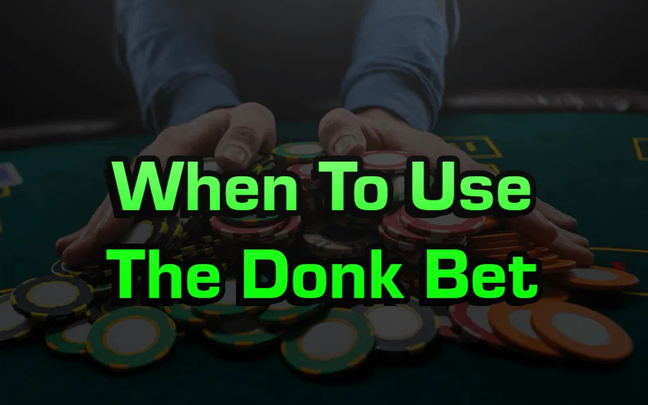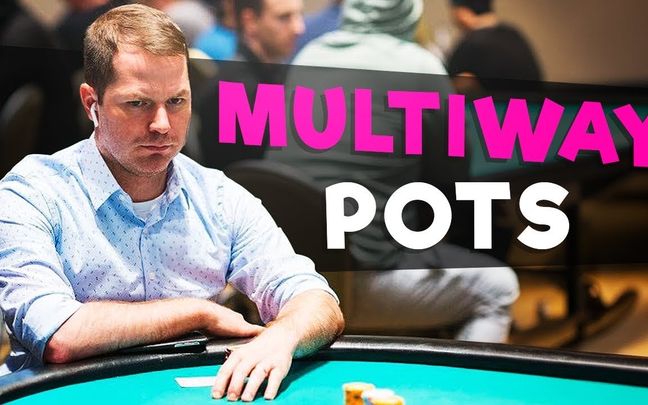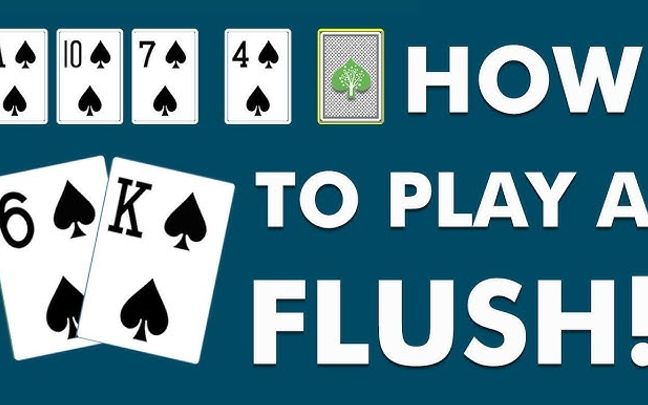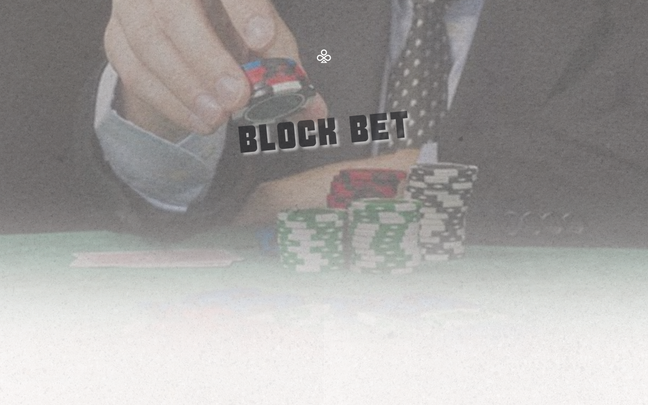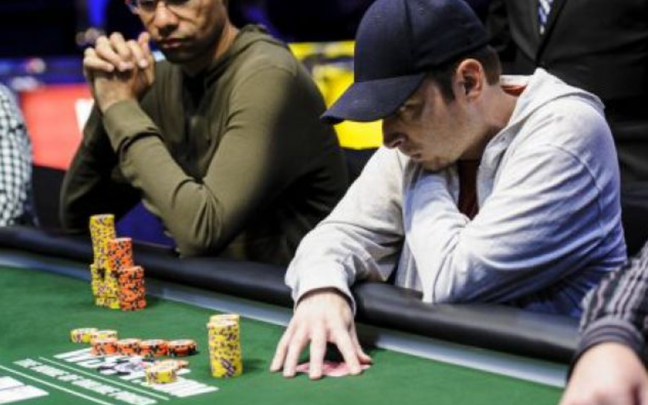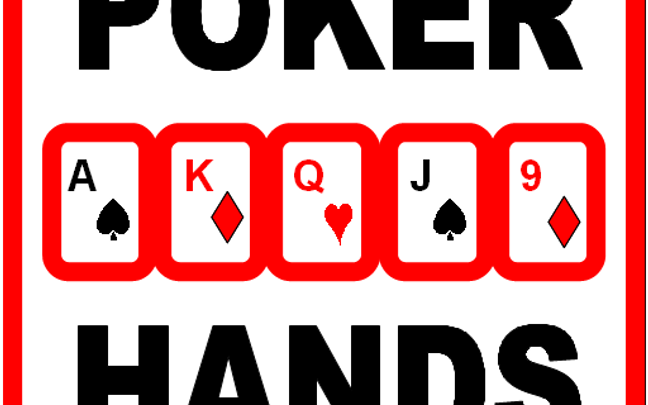Probe bet is a familiar concept in poker, used to probe and control the hand after an opponent misses a betting opportunity. Understanding how to use and counter a probe bet can help you gain an advantage at the table. This article will help you explore the meaning, application, and strategies for dealing with a probe bet in poker.
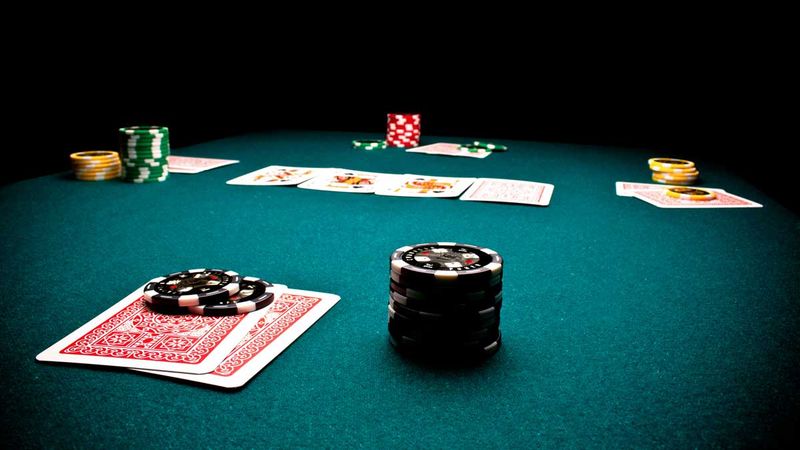
What is a Probe Bet in Poker?
A probe bet in poker is a strategy used when you're unsure about the strength of your opponent's hand but want to test their reaction to gain more information about their hand. This strategy is quite common in poker hands, especially in post-flop situations where you have little or ambiguous information about your opponent's cards.
In other words, a probe bet is a small bet made after the flop or turn to gather information from your opponent about their hand. The goal of a probe bet is not to maximize value from a strong hand, but rather to check if your opponent holds a strong hand or if they are simply attempting to bluff.
This type of bet is considered a "testing" bet, aimed more at gathering data than applying pressure.
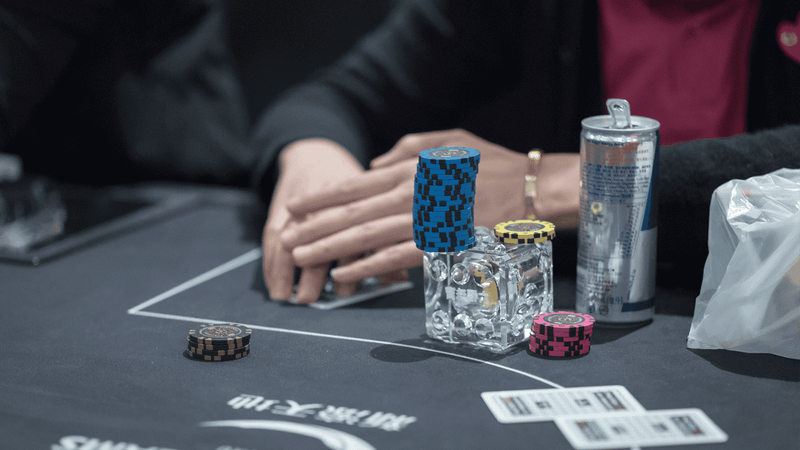
When to Use a Probe Bet?
A probe bet in poker is typically used in the following situations:
After Checking the Flop or Turn
A probe bet is commonly used when you have checked the flop or turn, and your opponent has either bet or checked behind.
In these situations, you're unsure about the strength of your hand—perhaps you have a weak hand or a draw. Making a probe bet after checking allows you to gather more information about your opponent's hand without committing too much to the pot.
This small bet can help you determine whether your opponent truly holds a strong hand or is just bluffing. If they call or raise, it may indicate they have a strong enough hand to continue. However, if they fold, you have the opportunity to win without risking too much money in the pot.
When You Don't Have Clear Information About Your Opponent
In many poker hands, especially when playing against unfamiliar opponents or in early stages of the game, you may not have enough information to accurately assess the strength of your opponent's hand.
When you're unsure whether your opponent has a strong hand, a probe bet becomes a useful strategy to test the waters. A small probe bet allows you to gauge your opponent's reaction, helping you determine whether they have a strong hand or are simply bluffing.
If your opponent calls, they may have a relatively strong hand and be willing to continue, while if they raise, you might need to reconsider and decide whether to continue or fold.
When You Want to "Block" Your Opponent
A probe bet isn't just a tool for gathering information; it can also be used to apply pressure on your opponent, especially when you feel they might be trying to take control of the hand.
If you believe your opponent may be preparing to make a large bet into the pot in later rounds, you can use a probe bet to prevent them from doing so. A small, probing bet might make your opponent reconsider and control the amount of money they wish to put into the pot.
Instead of waiting for your opponent to make a large bet and possibly facing a strong wager from them, you take the initiative by making a probe bet. While this is a subtle tactic, it helps you maintain control over the hand and might make your opponent rethink their strategy.
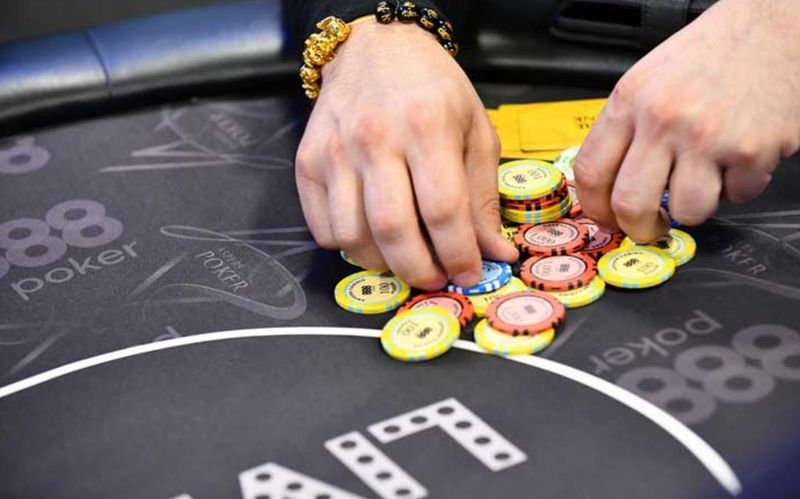
How a Probe Bet Works
To better understand how a probe bet works, imagine you're playing at a poker table and have entered the pot with your opponents. You have a hand that's not strong, but not necessarily weak either. For example, you might have a small pair or a draw, and you're unsure whether your opponent has a strong hand.
After the flop is dealt, you decide to make a probe bet, which is a small bet into the pot to test your opponent's reaction. If your opponent decides to call, this might indicate that they have a fairly strong hand or they're looking to see the turn card. If your opponent raises, you may realize they have a very strong hand, prompting you to reassess your strategy.
A probe bet is not always the safest choice, but it can be a useful tool if you know how to use it at the right moment.
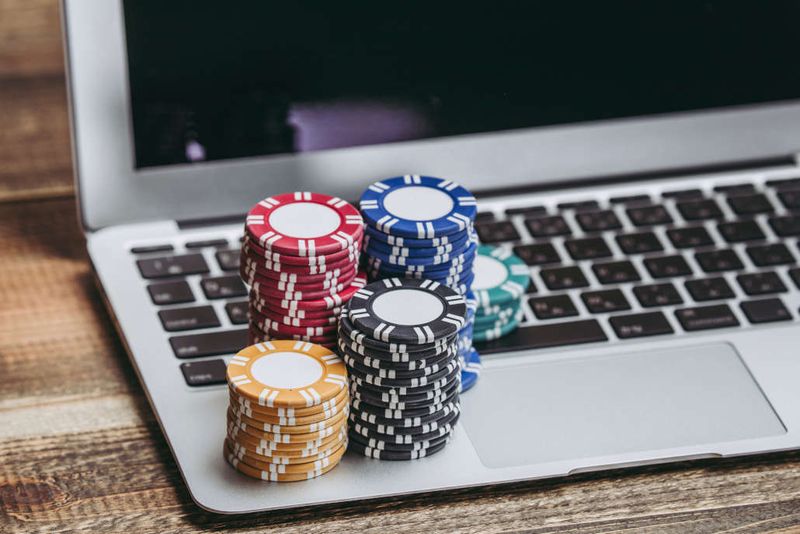
How to Counter an Opponent's Probe Bet
If you’re facing a probe bet, there are several ways to respond:
If You Have a Strong Hand
When confronted with a probe bet and holding a strong hand, it’s important to seize the opportunity to capitalize on your advantage. If you believe your opponent is making a probe bet to test you, meaning they’re unsure about the strength of their hand, this is the ideal moment to apply pressure.
Rather than just calling, you might decide to raise aggressively, putting your opponent in a difficult position. If they are bluffing or have a weak hand, they may be forced to fold, allowing you to win without much challenge. However, if your opponent has a strong hand, they may call or re-raise, at which point you can reassess the situation and decide on your next move.
A large raise in this situation not only helps protect your strong hand but can also cause confusion for your opponent if they are bluffing. This is especially important if you suspect that your opponent may be trying to play cautiously to avoid losing too much money. By raising, you might make them reconsider and potentially fold if they don’t have enough strength to handle the large bet.
However, remember that if your opponent truly has a strong hand, they may continue, so carefully evaluate the situation and choose an appropriate raise amount.
If You Have a Weak Hand
When facing a probe bet with a weak hand, your decision should be based on your read of the opponent’s possible bluff and other factors in the hand.
If you think your opponent might be bluffing or holding a weak hand, you could choose to call or even raise to challenge them. Sometimes, a simple call can provide more information about your opponent’s hand while still keeping the small chance that you might win.
However, if you believe your opponent actually has a strong hand and is unlikely to be bluffing, folding is the safest option. Adding more money to the pot when you know your hand isn’t strong enough will only lead to unnecessary losses.
If you decide to call, you should be mentally prepared for the possibility that your opponent may bet larger on future streets, especially if they have a strong hand. If you suspect they are bluffing, you might consider raising to see if they are truly willing to risk a larger amount of money.
However, raising should only be done if you are confident that your opponent is bluffing and not holding a strong hand. Otherwise, you should be cautious, as an incorrect raise could result in a larger loss than a win.
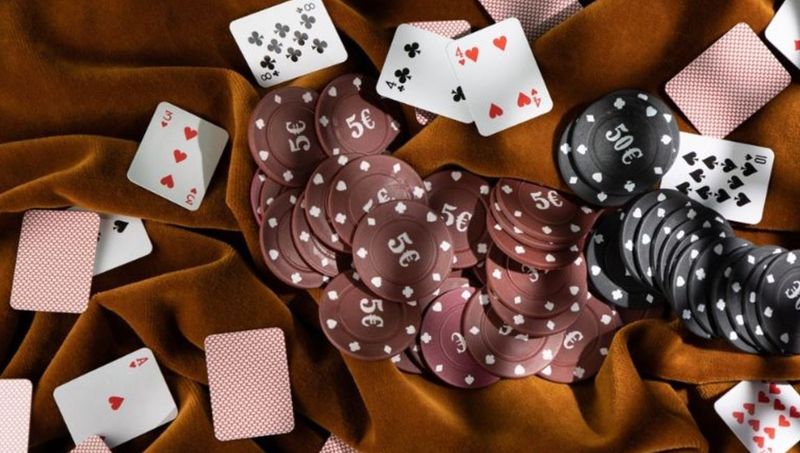
In summary, your response to a probe bet depends on the strength of your hand and your ability to read your opponent. When you have a strong hand, use this opportunity to apply pressure on your opponent. On the other hand, if you have a weak hand, carefully assess whether your opponent is bluffing and consider whether to call or raise appropriately.

